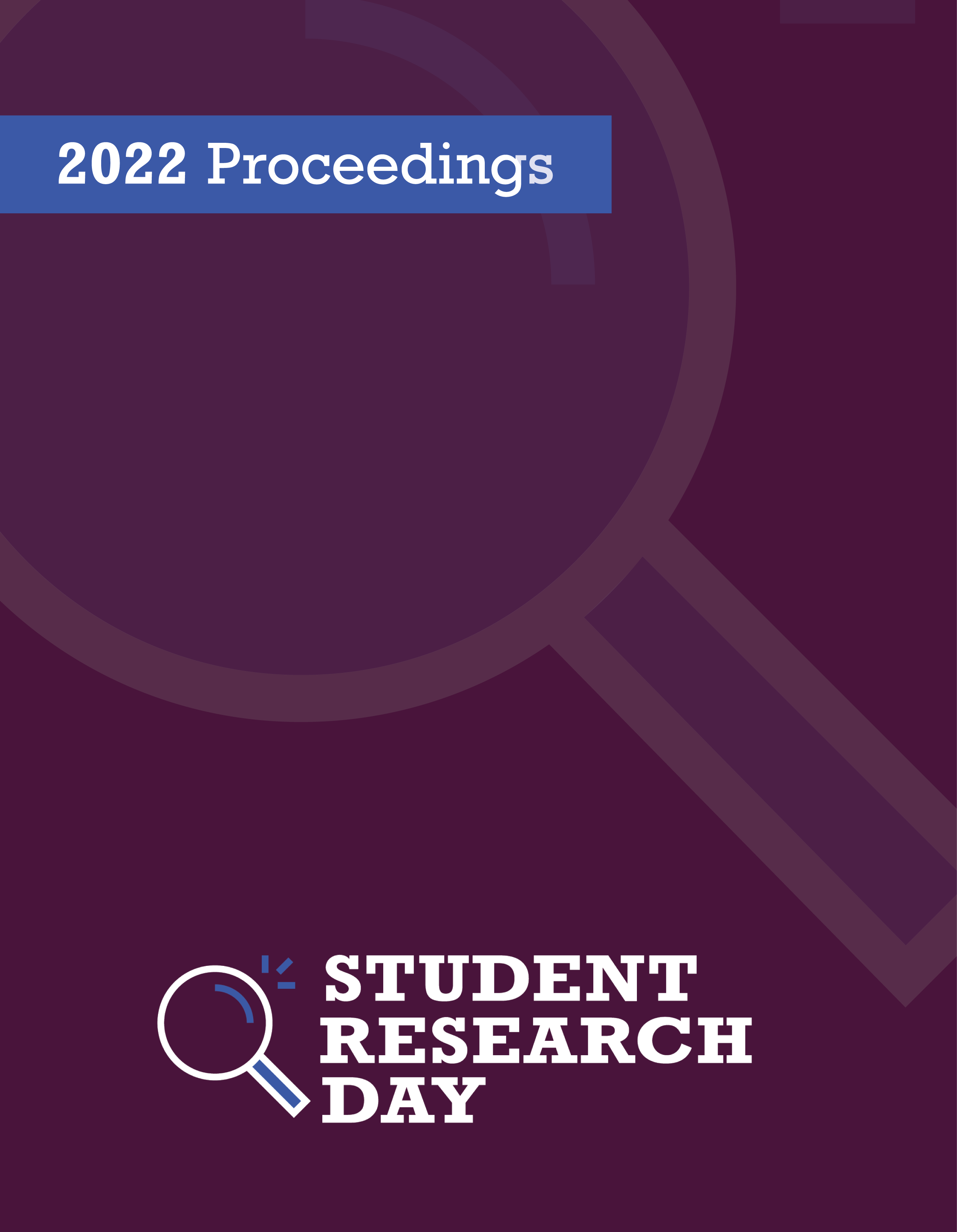Establishing an Effective Dose-Response Curve of β-Carboline FG-7142 on Wild- Type Zebrafish Anxiety Behaviour
Abstract
β-Carboline FG-7142, a partial inverse agonist of the benzodiazepine allosteric site at the GABA-A receptor, has been shown to yield anxiogenic, proconvulsant, and appetite-reducing effects among a variety of aquatic and mammalian species, including humans. Of particular interest to this study are the anxiogenic effects that FG-7142 have upon Wild-Type Zebrafish, Danio rerio, and what effective dosages would be appropriate for its use in behavioural research using a zebrafish model of anxiety and conditioned fear. Should an effective dose and reliable fear response be found in Danio rerio, an effective dose-response curve may be established and utilized in future anxiety research using FG-7142 as an environmental stressor that is both easier to administer and less invasive and harmful to the animal. The aim of this study is to establish an effective dose-response curve for anxiogenic effects of β-carboline FG-7142 on zebrafish anxiety behaviour. Motion tracking software will be used to measure zebrafish indicators of anxiety, such as changes in locomotion or location preference, under open field test conditions. Dosages from 0.00-1.00µM FG-7142 will be administered to testing arena water after habituation and any significant changes in anxiety behaviours found only after treatment will be considered indicative of an effective dose. It is expected that Danio rerio will exhibit significant and reliable changes in anxiety and that an effective dose-response curve can be established within the proposed dose range for use in subsequent behavioural research using a zebrafish model of anxiety.
Department: Psychology
Faculty Mentor: Dr. Trevor Hamilton
References
Published
Issue
Section
License
Authors retain any and all existing copyright to works contributed to these proceedings.



